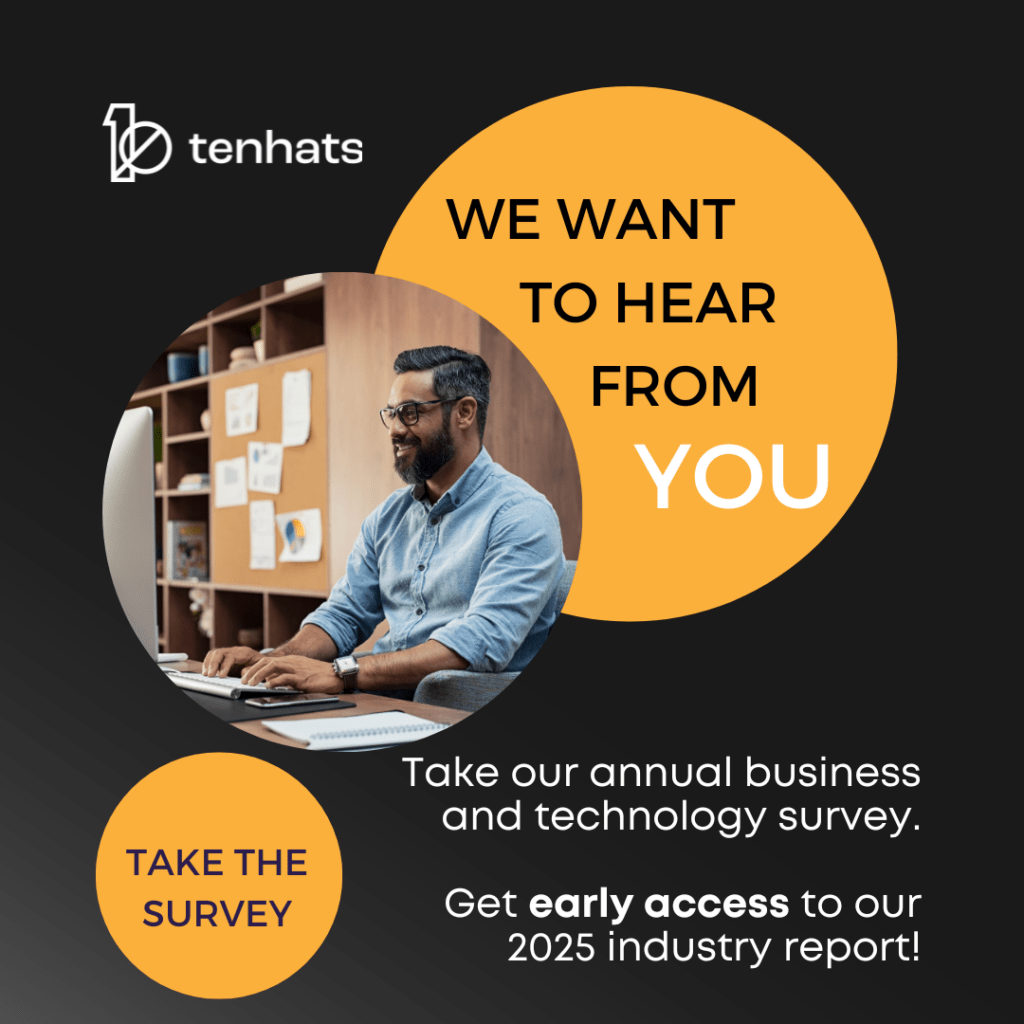How To Choose a Data Center: 7 Things To Consider
Selecting the right data center is a critical decision for businesses of all sizes. The choice hinges on several key factors, each playing a pivotal role in ensuring seamless operations and safeguarded data.
When it comes to choosing a data center, important considerations include:
How to Choose a Data Center
1. Multiple Power Sources
Having multiple power sources provides redundancy, ensuring uninterrupted operations in case one power source fails. This safeguards against costly downtime, especially for critical applications. Another benefit is that diverse power sources can stabilize energy costs, as data centers can switch between them based on pricing and availability.
Having more than one power source enhances resilience in the face of natural disasters or grid failures, as alternative power supplies can be tapped into. Additionally, it allows for load balancing, distributing the energy demand across different sources, which can improve overall energy efficiency and reduce strain on the local power infrastructure.
2. Storage Flexibility
Your business is going to change over time. Most companies grow, on average, by 10 to 25% each year. Smaller businesses have more flexibility and smaller customer bases, putting them in a better position to exceed that range. As your business grows, it will need more storage to keep pace with that growth.
This is where a data center’s storage flexibility comes into play since it allows your business to adapt to its changing needs. As data requirements evolve, the ability to easily scale storage capacity up or down ensures cost efficiency and operational agility.
A flexible data center provides versatility in data management strategies. This can be done by accommodating various storage technologies, including cloud and hybrid options.
This adaptability also future-proofs against unforeseen growth or technological shifts. What’s more, it enables your business to optimize performance by tailoring storage configurations to its specific workloads. Overall, a data center’s storage flexibility empowers businesses to efficiently manage data, support innovation, and compete in a dynamic business landscape.
Read our white paper on cloud computing.
3. Facility Efficiency
Facility efficiency is important for two main reasons:
- Environmental preservation
- Economic efficiency
Data centers can consume substantial energy, contributing to carbon emissions and climate change. Employing eco-friendly technologies like renewable energy and efficient cooling systems can mitigate this impact.
A sustainable data center reduces its environmental footprint through:
- Energy efficiency
- Eco-conscious materials
- Sustainable practices
Sustainable data centers not only trim operational costs but also gain a competitive edge, attracting environmentally-conscious customers and investors. They’re also poised to meet forthcoming regulations.
While not all businesses can fully rely on renewable energy, progress is imperative. Maximizing output while minimizing consumption enhances data center energy efficiency. Metrics like PUE and DCIE provide benchmarks, but customers should opt for data centers dedicated to ongoing improvement.
4. Reliability and Uptime
Reliability and uptime are critical factors when choosing a data center because they directly impact the accessibility and availability of your digital services.
Reliability ensures that the data center’s infrastructure is robust and capable of consistently delivering services without unexpected failures. Downtime, or periods when services are unavailable, can result in significant financial losses, damage to reputation, and customer dissatisfaction.
Uptime measures the percentage of time a data center is operational. High uptime percentages indicate a dependable facility. For businesses, especially those reliant on online operations, every minute of downtime can lead to revenue loss, decreased productivity, and compromised customer trust.
There are different tier ratings for data centers. Many factors go into determining these ratings, but one of the biggest is uptime availability.
Here are the minimum standards:
- Tier I: 99.671% uptime
- Tier II: 99.741% uptime
- Tier III: 99.982% uptime
- Tier IV 99.995 uptime
Though these percentages may appear similar, their differences are substantial. A Tier I data center may experience up to 28.82 hours of downtime annually, whereas a Tier IV data center typically encounters less than 30 minutes of downtime. This difference highlights the importance of selecting an appropriate tier for your organization’s specific requirements.
Additionally, reliable data centers often have comprehensive backup systems and disaster recovery plans in place, safeguarding against data loss or corruption. This ensures continuity in the event of unforeseen incidents.
5. Security
Selecting a data center requires going beyond digital security alone. Physical security is also necessary to safeguard against physical threats, including potential unauthorized access. While the risk of data theft may be low for most industries, it’s crucial to prevent any unauthorized access or potential harm to your data.
This is where stringent physical security measures come into play. A reliable data center must incorporate features like:
- Secure perimeters
- Controlled access points
- Vigilant security personnel
Access should only be granted to authorized individuals who require it.
Opting for a data center with trained security personnel, including armed guards, adds an extra layer of protection. Their presence acts as a powerful deterrent against potential theft or malicious activity.
6. IT Services That Extend Beyond the Data Center
A data center that also functions as a managed IT service provider offers a fusion of infrastructure and operational support. This combination is pivotal for businesses relying on digital operations.
To start, it provides a secure and centralized hub for housing and managing:
- Critical data
- Applications
- Services
This controlled environment minimizes the risks associated with data loss, downtime, and cyber threats. It also facilitates seamless scalability, enabling businesses to expand operations without substantial capital expenditure on hardware.
With an IT managed service provider, a data center can deliver continuous monitoring, maintenance, and expert support. This allows for a proactive approach that ensures:
- Optimal system performance
- Rapid issue resolution
- Compliance with industry standards
It empowers your organization to focus on its core functions, knowing that your IT infrastructure is in capable hands.
This integrated approach ultimately translates to:
- Operational efficiency
- Cost savings
- Enhanced agility for your businesses
By unifying data center capabilities with managed services, your organizations can confidently navigate the complexities of modern technology. This leverages your digital assets to drive innovation and sustained growth in an increasingly competitive environment.
7. Industry Compliance
Adherence to SOC or HIPAA guidelines can be a routine part of your work if you’re in the healthcare or finance industries. Consequently, ensuring that your chosen data center aligns with these compliance standards is of the utmost importance.
As professionals in these sectors are well aware, any breach in information can have far-reaching consequences for your company. From legal ramifications to certification jeopardy and public backlash, the risks are very real.
Learn the 7 Ways the HIPAA Privacy Rule Affects Cloud Computing
It’s important to recognize that the personnel within your data center represent a potential risk if they fail to uphold HIPAA or SOC guidelines. Even a seemingly minor slip-up, such as leaving data exposed on an unlocked device or sharing sensitive information, constitutes a breach.
To mitigate these risks, data centers must implement:
- Stringent access controls
- Data usage protocols
- Provide regular HIPAA training.
It’s important to note that these seemingly minor infractions can be as detrimental to your organization as a large-scale cyberattack, underscoring the need for vigilance.
For those not directly involved in healthcare or finance, it’s worth emphasizing that a data center compliant with these industry standards remains highly valuable. Privacy is a universal concern, regardless of your business’s focus
Partnering with TenHats
TenHats excels in delivering comprehensive data center solutions. Our strategically positioned facility ensures access to multiple power sources, providing redundancy and cost stability. Our services extend to contingency plans for natural disasters or grid failures, bolstering uninterrupted operations.
Our storage adaptability allows seamless scaling, ensuring cost-effectiveness and adaptability to the evolving needs of your company. We place a premium on facility efficiency, integrating eco-conscious technologies for environmental preservation and economic viability. Reliability and uptime are upheld at the highest industry standards, minimizing the risk of downtime.
At TenHats, we use physical and digital security to protect against unauthorized access, prioritizing the integrity of sensitive data. We offer managed IT services alongside our data center capabilities to enhance operational efficiency and agility. Our team adheres to strict industry compliance, mitigating risks and upholding the integrity of your data.
Are you ready to take your business to the next level? Contact us today for a free quote!
It’s important to consider if a data center has access to multiple power sources for seamless operations. Flexible storage adapts to your organization’s growth and changing data needs. Efficient facilities cut environmental impact and costs. Reliability and uptime directly impact the accessibility and availability of your digital services. Security prevents unauthorized entry while managed IT services offer centralized support and compliance. Adhering to industry standards is vital for many industries.
Located in Knoxville, TN, our purpose-built colocation data center can serve any organization in East Tennessee and beyond. With our team’s IT experience, we provide a lot more than simply protected data. When you call us, you talk to a real IT expert. Connect with our team about our data center today!



